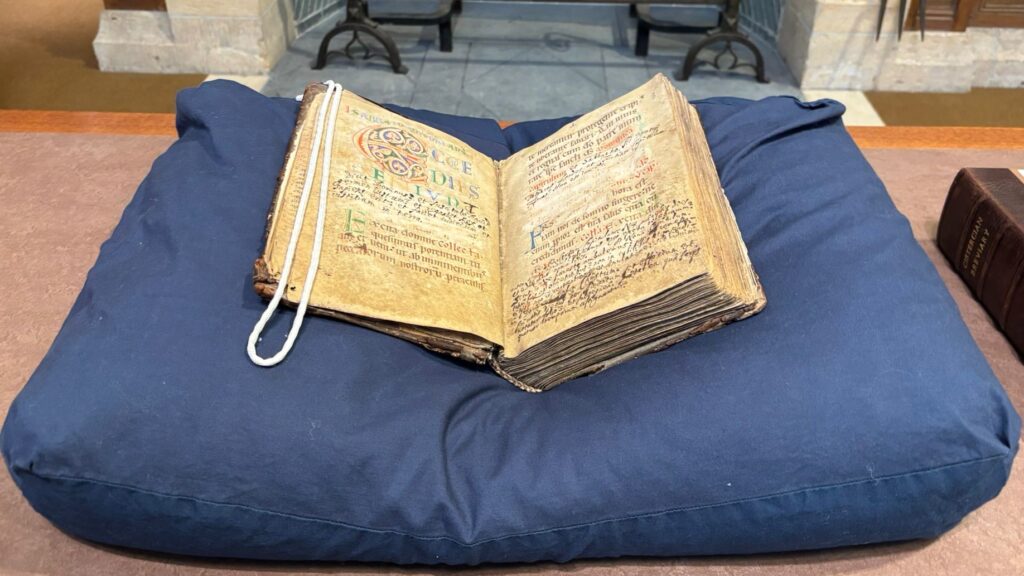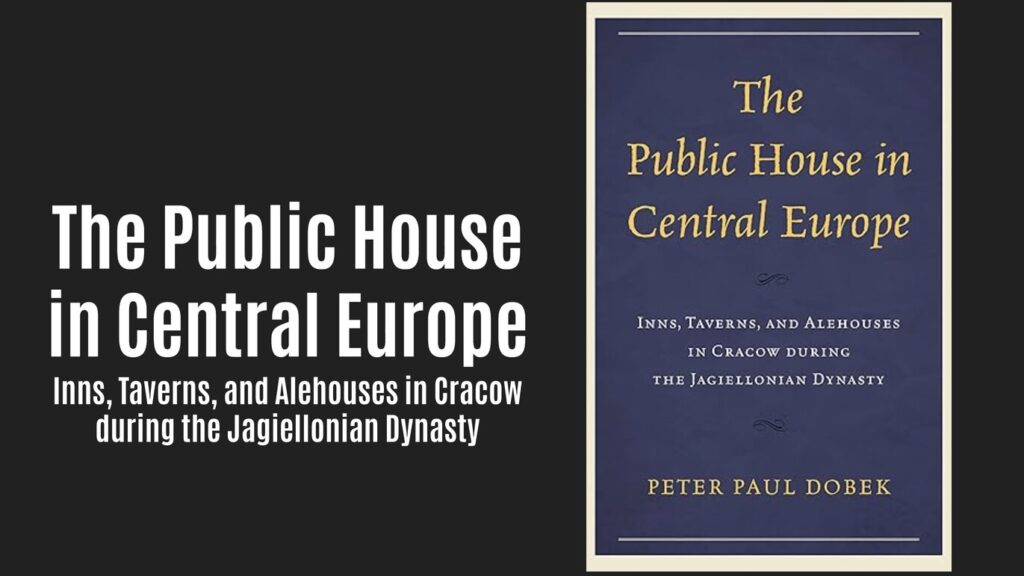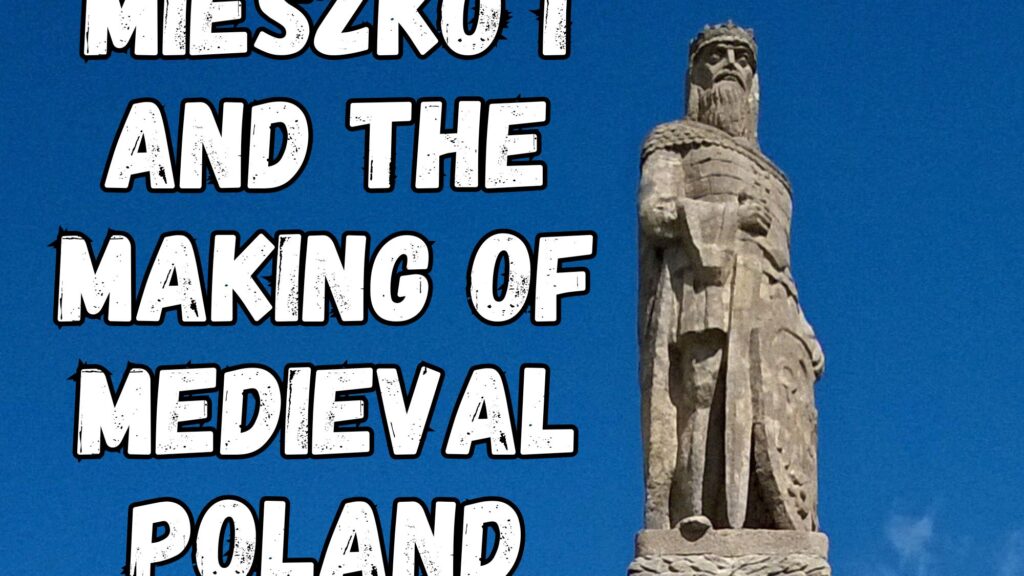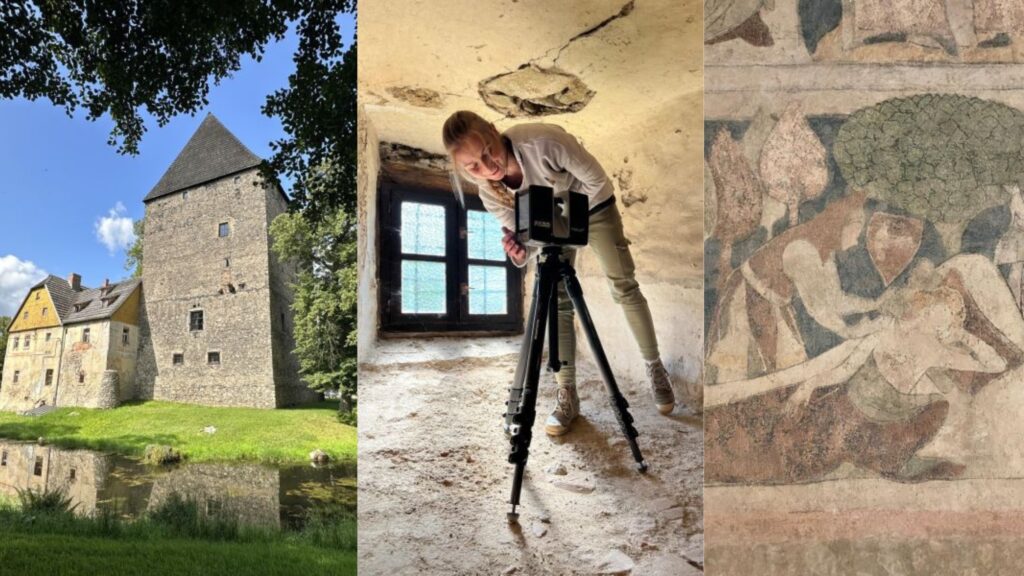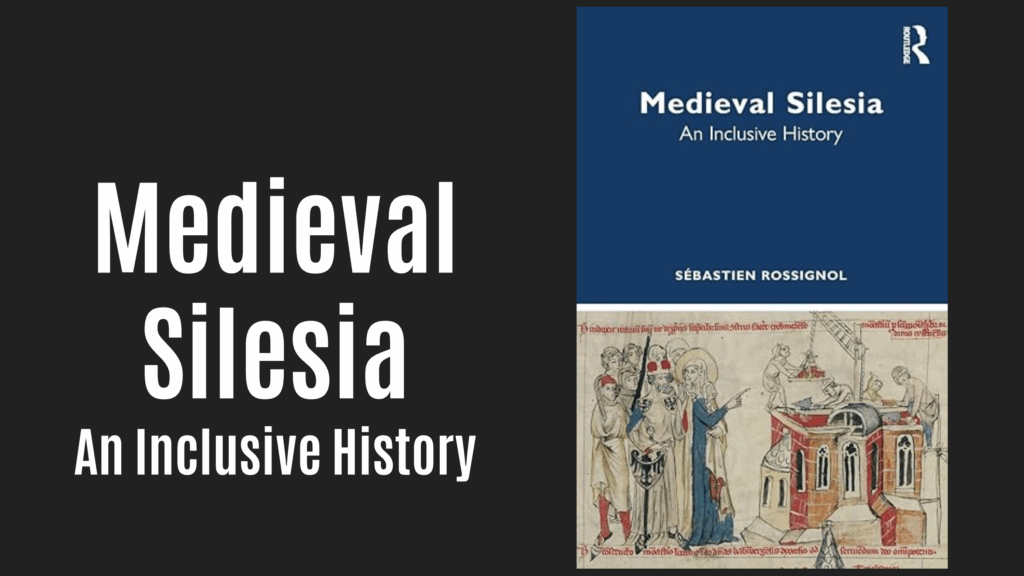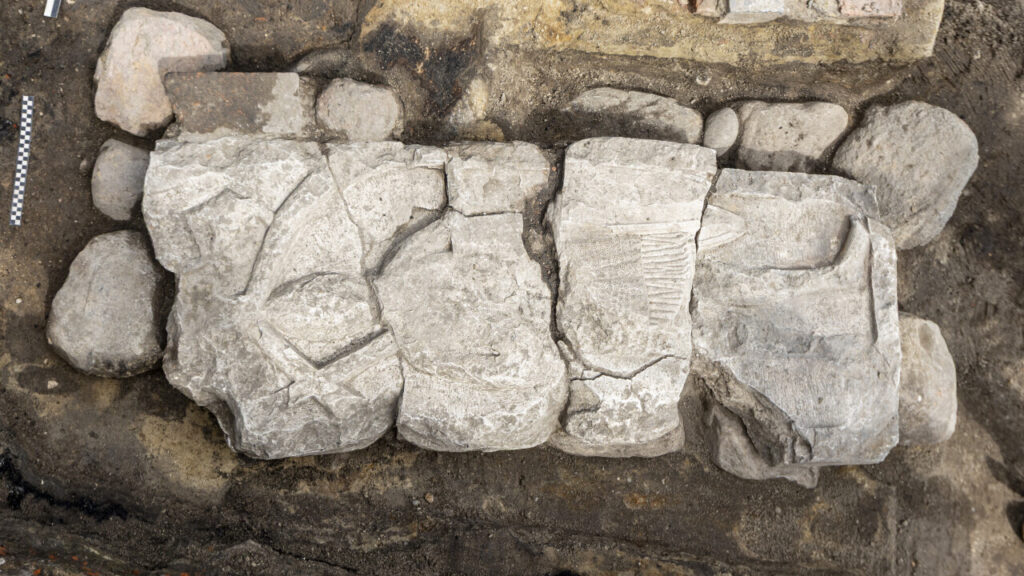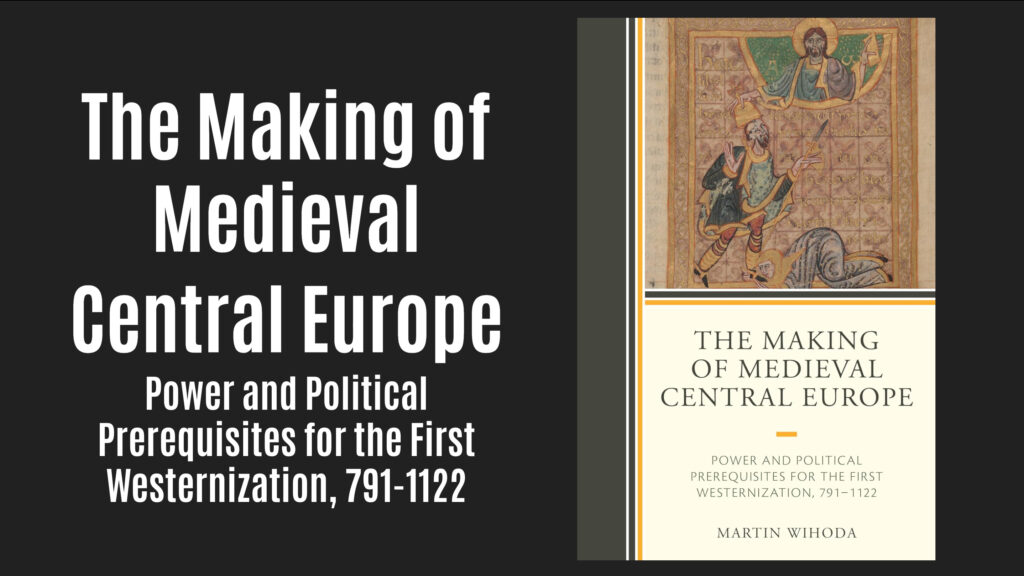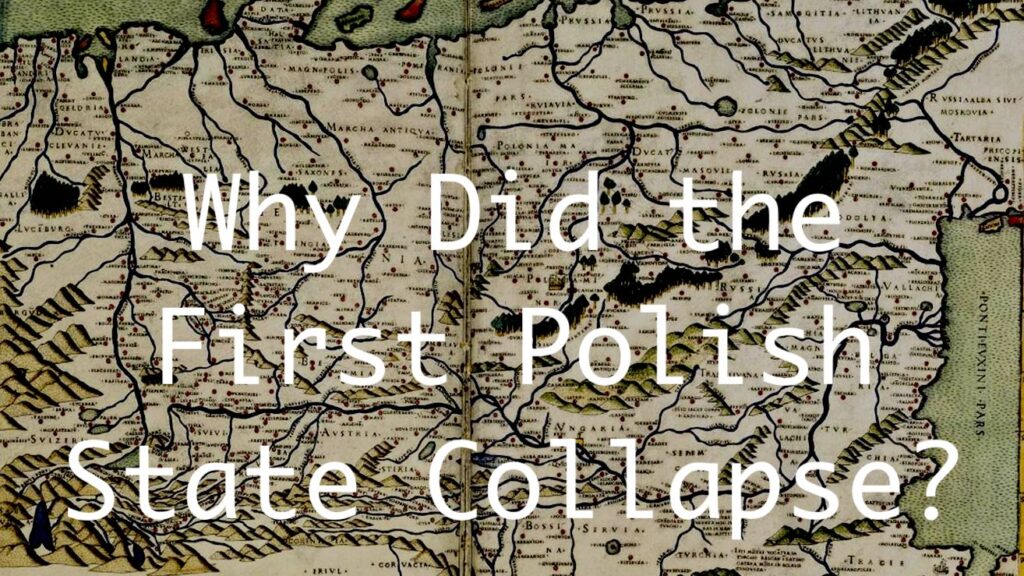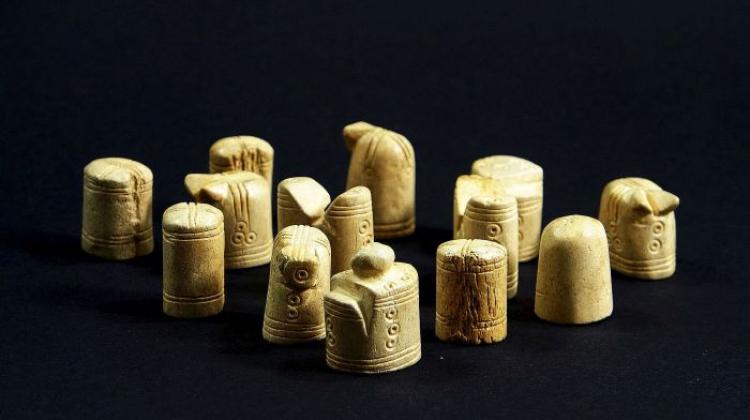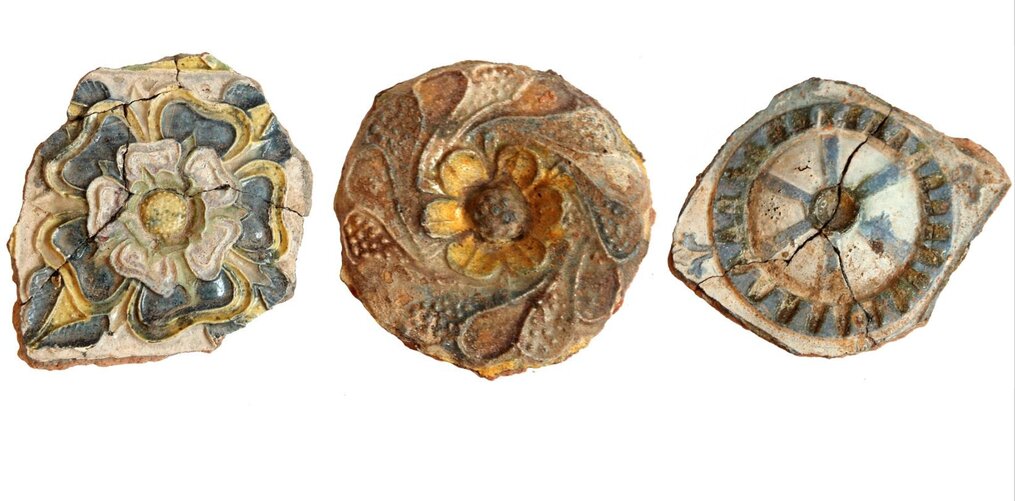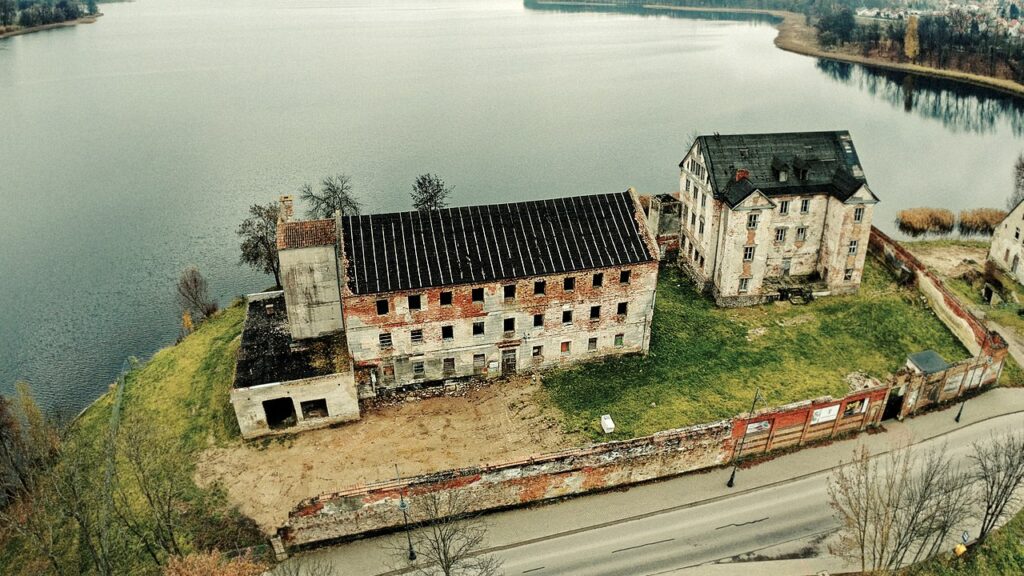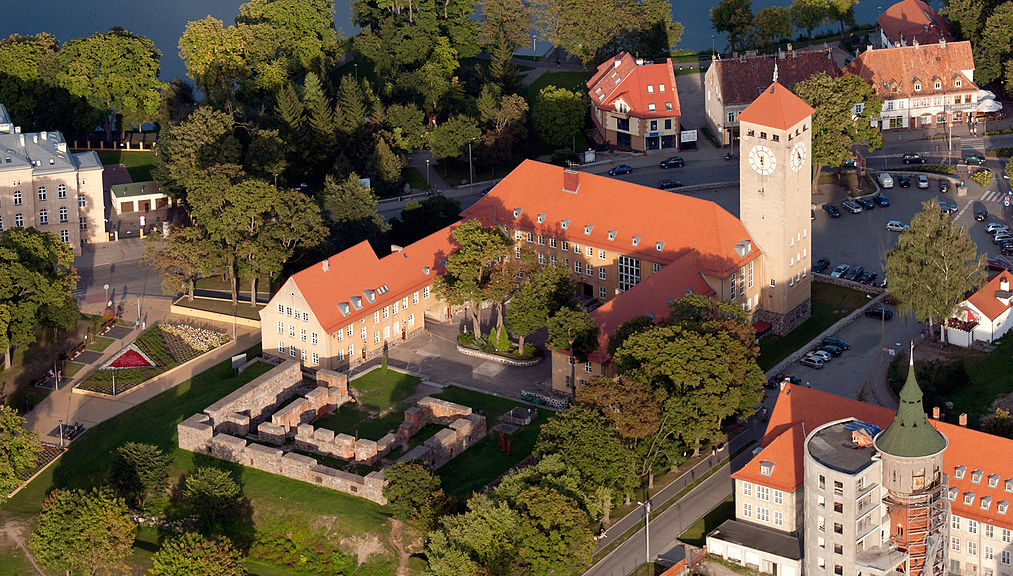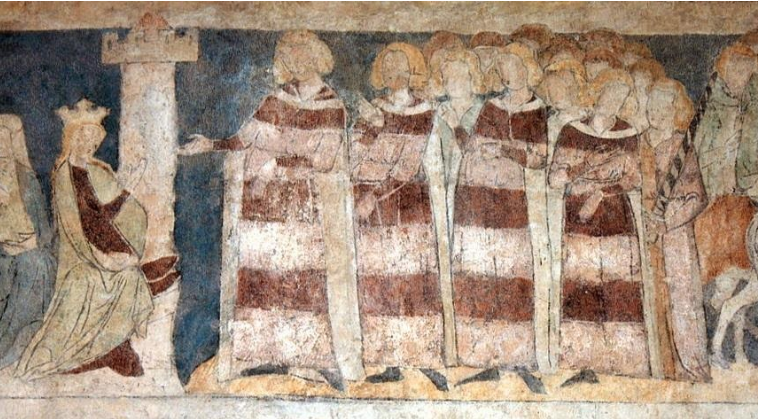Medieval manuscript lost in World War II returns to Poland
A medieval manuscript that vanished in the upheaval of the Second World War has surfaced on the shelves of an American university, and is now heading home to Poland.
New Medieval Books: The Public House in Central Europe
Public houses—places that sold alcoholic drinks—were a central part of life in Cracow in the fifteenth and sixteenth centuries. This book explores how these establishments worked: who owned them, who gathered inside, and how city authorities dealt with disorder when drinking turned into violence.
Mieszko I and the Making of Medieval Poland
Mieszko I transformed a network of Slavic tribes into the foundations of medieval Poland. Using early chronicles and recent archaeological evidence, this article traces the rise of the Piast dynasty and the emergence of a powerful Central European state.
Digitizing the Medieval Ducal Tower of Siedlęcin
A 14th-century tower in Siedlęcin holds a secret: the only medieval wall paintings of Lancelot still in their original place. Now, researchers are using digital tools to reveal its hidden details.
New Medieval Books: Medieval Silesia
Silesia, a region in eastern Europe now divided between southwest Poland, the Czech Republic, and Germany, was once a powerful duchy in the Middle Ages. This book explores its politics, society, and the people who shaped its history.
Medieval Knight’s Grave Discovered in Poland
Archaeologists in Gdańsk, Poland, have discovered a rare 13th–14th century knight’s grave beneath a carved tombstone, offering new insights into the city’s medieval past
New Medieval Books: The Making of Medieval Central Europe
As the Poles, Czechs, and Hungarians established their medieval states, they became deeply entangled with the Holy Roman Empire and other Western European powers. This book explores the complex politics and state-building processes of Central Europe, a region marked by both cooperation and conflict.
Białowieża Forest: Europe’s Last Medieval Woodland?
Is Białowieża Forest truly Europe’s last medieval woodland? A look at royal hunts, historic laws, and wild bison reveals how this ancient forest preserves a living link to the Middle Ages.
Why the First Polish State Collapsed: An Environmental and Political Breakdown
A new study uncovers why Poland’s first kingdom—the Piast state—collapsed so quickly, linking slave trade wealth, ecological intensification, and political fragility. Archaeology, pollen records, and coin hoards reveal the state’s rapid rise—and sudden unraveling.
New Medieval Books: The Vikings in Poland
Drawing on a wide range of archaeological evidence, this book offers a detailed reconstruction of the Norse presence in the region of present-day Poland. It sheds new light on their material culture, religion, and interactions with both local populations and the emerging Polish state.
New Medieval Books: Writings (1416-1432)
The writings of Pawel Wlodkowic, a 15th-century Polish canon lawyer, are translated in this book. It offers a fascinating view from Poland of their rivalry with the Teutonic Order, their relations with pagan peoples, and Wlodkowic’s opinions on human rights.
Pieces of medieval history return to Malbork in Poland
Malbork Castle in Poland is one of the country’s most famous medieval sites. Some physical parts of that history have now been returned to the castle in recent weeks.
Medieval love badge discovered in Poland
Archaeologists working at the site of The Crane in Gdansk, Poland, have discovered a late medieval badge: a piece of tin shaped into a turtle dover and with the Latin inscription: “AMOR VINCIT OMNIA” – “Love conquers all”.
DNA used to discover origins of medieval chess set
Researchers in Poland have discovered new details about a nearly complete medieval chess set. By obtaining DNA from pieces of the Sandomierz chess set, they could determine what animals were used to make them.
Medieval Poland was hit by floods 166 times, study finds
Polish researchers examining medieval sources have discovered that the country was hit by flooding 166 times between the 11th and 15th centuries, revealing details on the causes of these disasters.
Beautiful medieval tiles discovered in Poland
Archaeologists working in eastern Poland have unearthed several hundred fragments of tiles that once decorated the walls and floor of a late-medieval stronghold.
Harald Hardrada: Apprentice Warlord
We now turn to explore the events, as well as the political and cultural contexts of Harald’s burgeoning military career.
Archaeologists to look through remains of Teutonic Castle
Polish archaeologists will be exploring Ełk Castle for the first time in ten years.
Robbers break into Polish castle
Police from Szczytno in northern Poland have arrested three males on suspicion of burglary after they broke into a medieval castle.
Medieval sword discovered in Poland, possibly connect to the Battle of Grunwald
An ‘extremely well preserved’ sword, dating to the late fourteenth or early fifteenth century, has been discovered near the city of Olsztyn in north-eastern Poland.
Viking Warriors in Poland: Overcoming Identity Crisis
By re-analysing the most iconic graves from these sites, it will be demonstrated that their contents can provide fascinating insights not into Scandinavian but actually into West Slavic warrior identity.
How changing from a tribal to a feudal society impacted the local environment
The transition from tribal to feudal living, which occurred throughout the 14th century in Lagow, Poland had a significant impact on the local ecosystem, according to a study published in Scientific Reports.
Two axes from the Battle of Grunwald discovered
Archaeologists working in Poland have found dozens of artefacts from the area of the Battle of Grunwald, including two well-preserved battle axes.
Foundations of Teutonic Castle discovered in Poland
Using ground-penetrating radar (GPR), the discovery was made during exploration of the south-eastern part of the 13th-century castle’s northern ward.
Finding Sir Lancelot in Medieval Poland
Today, being the world’s only Lancelot wall paintings preserved in situ, the Siedlęcin set ranks among the most outstandingly complete and well preserved in Europe.
